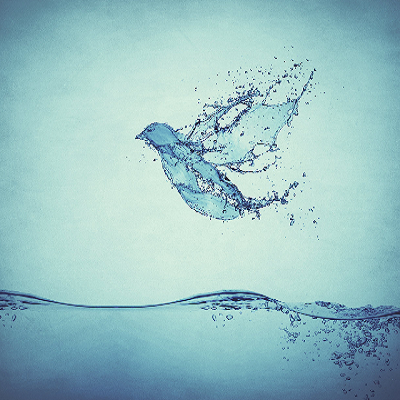Water is an essential element that impacts every aspect of our lives, from quenching our thirst to maintaining cleanliness and nurturing natural greenery. Despite its importance, the soothing effects of water often lead us to overlook the levels of consumption during our daily activities. Whether it’s taking a refreshing shower, cleaning, or watering plants, the pleasurable sensation of water often leads to excessive usage, surpassing our actual needs.
Upon closer examination, it becomes evident that the majority of water consumption occurs within the confines of our homes. From the moment we wake up until we retire for the night, our daily routines involve significant water usage. Activities such as bathing, using the wash-basin, showering, and flushing the toilet contribute to substantial water consumption, particularly during the morning hours. Similarly, the kitchen serves as a hub for water usage, encompassing activities such as food preparation, drinking water, and basic cleaning. Additionally, the operation of appliances like dishwashers and washing machines also contributes to water consumption, albeit less frequently. Furthermore, the maintenance of gardens and plants requires periodic but substantial water usage.
While it is common knowledge that water consumption should be limited, individuals often lack the means to monitor their usage in real-time. Instead, they receive a monthly bill, only to forget their resolutions for water consumption control shortly thereafter. To address this challenge, an ongoing and subtle reminder is essential to retrain the brain and manage the psychological craving for excessive water usage. Interventions by humans in the identification and communication process should be minimal to prevent the development of resistance in the brain. One potential solution involves the deployment of a monitoring system, such as a robot situated at the water supply line, to intelligently track and communicate water usage patterns. This system could provide real-time feedback through displays, buzzers, or smartphone notifications, leveraging intelligent analyses based on current and historical usage data.
By understanding the psychology of water consumption and implementing effective management strategies, individuals can make informed decisions to minimize their environmental impact and conserve water resources. WhizNets offers innovative solutions to help individuals and organizations manage their water consumption effectively, promoting sustainability and responsible water usage.
For more information on the psychology of water consumption and sustainable water management solutions, contact WhizNets today.
